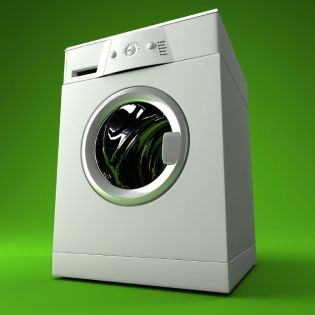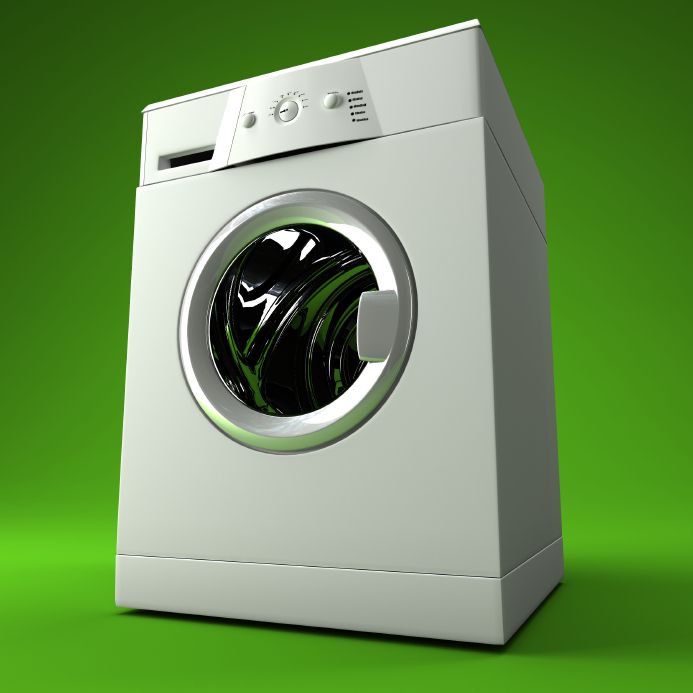
Efficiency standards for residential clothes washers are among the many that await approval.
In his State of the Union address, President Obama stated that the administration would “not walk away from the promise of clean energy.” The president also recognized that, especially in these tough economic times, “the easiest way to save money is to waste less energy.”
Obama’s speech brings to mind a pledge he made on the campaign trail, where he promised to reduce electricity demand 15 percent by 2020, saving American consumers $130 billion.
The administration has made good on parts of this pledge. In its first three years under Obama, the Department of Energy (DOE) has issued energy efficiency standards for products like refrigerators, furnaces, air conditioners, and clothes dryers that will save energy, reduce families’ utility bills, and help control greenhouse-gas emissions. This year, federal lightbulb standards went into effect, and manufacturers have risen to that challenge by rolling out lightbulbs that are 28-30 percent more efficient than the bulbs Americans have used for decades.
But there is much work left to do.
Although both Obama and DOE Secretary Steven Chu have said overhauling federal appliance efficiency standards and building codes is a critical priority, over the last year, progress has ground nearly to a halt.
The administration requires DOE’s draft standards to be approved by the White House’s Office of Management and Budget (OMB) before being released. And right now, new efficiency standards for residential clothes washers, battery chargers, power supplies, walk-in coolers, and freezers, and new energy efficiency and sustainable design requirements for federal buildings, are collecting dust at OMB while energy is being wasted.
No reason has been given for why the White House is standing in the way of these rules. But these are the facts: Each of these standards has now been stuck at the White House for four to seven months. In Obama’s first two years in office, OMB was able to complete its reviews of all draft appliance standards in six weeks or less. The delay is most egregious for the clothes washer standards that have been languishing at OMB for more than four months. Those standards were jointly negotiated and agreed upon by environmental groups, consumer advocates, manufacturers, and major utilities.
These delays are not simply a minor lapse — the administration is violating statutory deadlines.
Energy efficiency is a no-brainer. But it takes true leadership and insight to prescribe efficiency standards that follow the law and achieve cost-effective energy savings for families and businesses.
So while Obama may not be “walking away” from a clean energy future, strangling energy efficiency standards at OMB isn’t getting us any closer, either.



